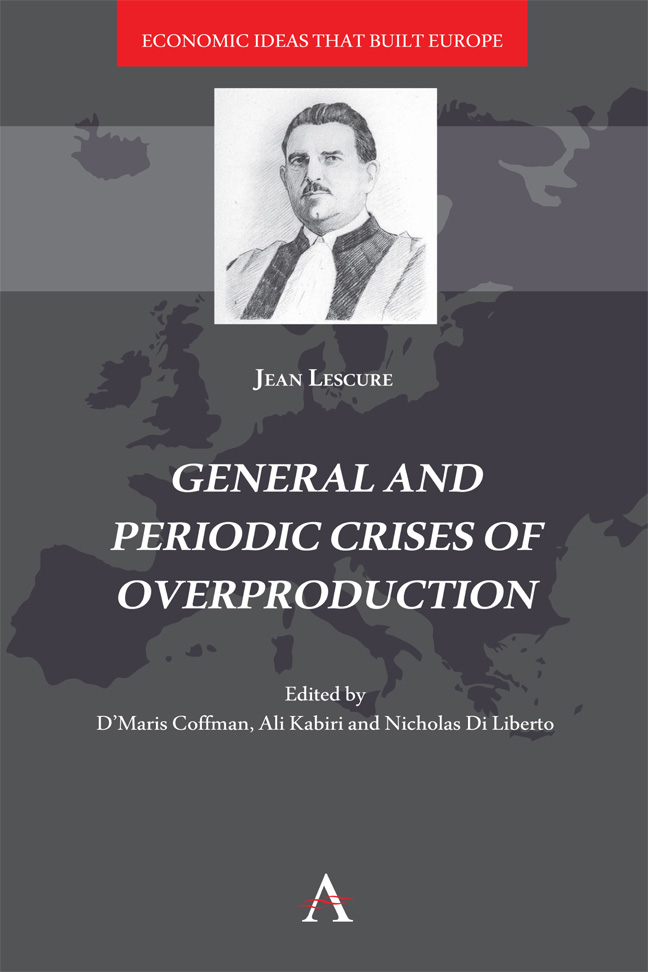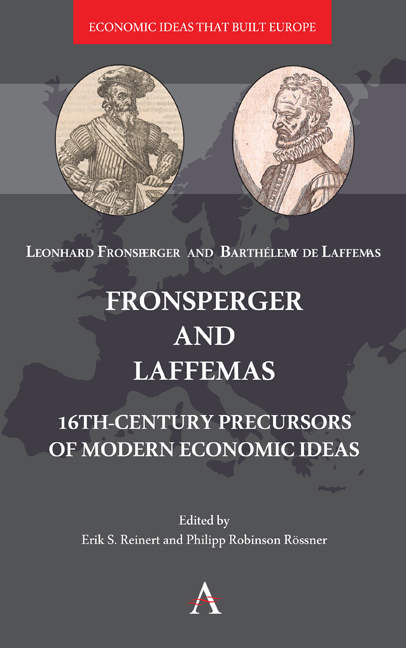2 results in Economic Ideas That Built Europe

General and Periodic Crises of Overproduction
-
- Published by:
- Anthem Press
- Published online:
- 01 March 2024
- Print publication:
- 14 November 2023

Fronsperger and Laffemas
- 16th-Century Precursors of Modern Economic Ideas
-
- Published by:
- Anthem Press
- Published online:
- 28 February 2024
- Print publication:
- 02 May 2023

